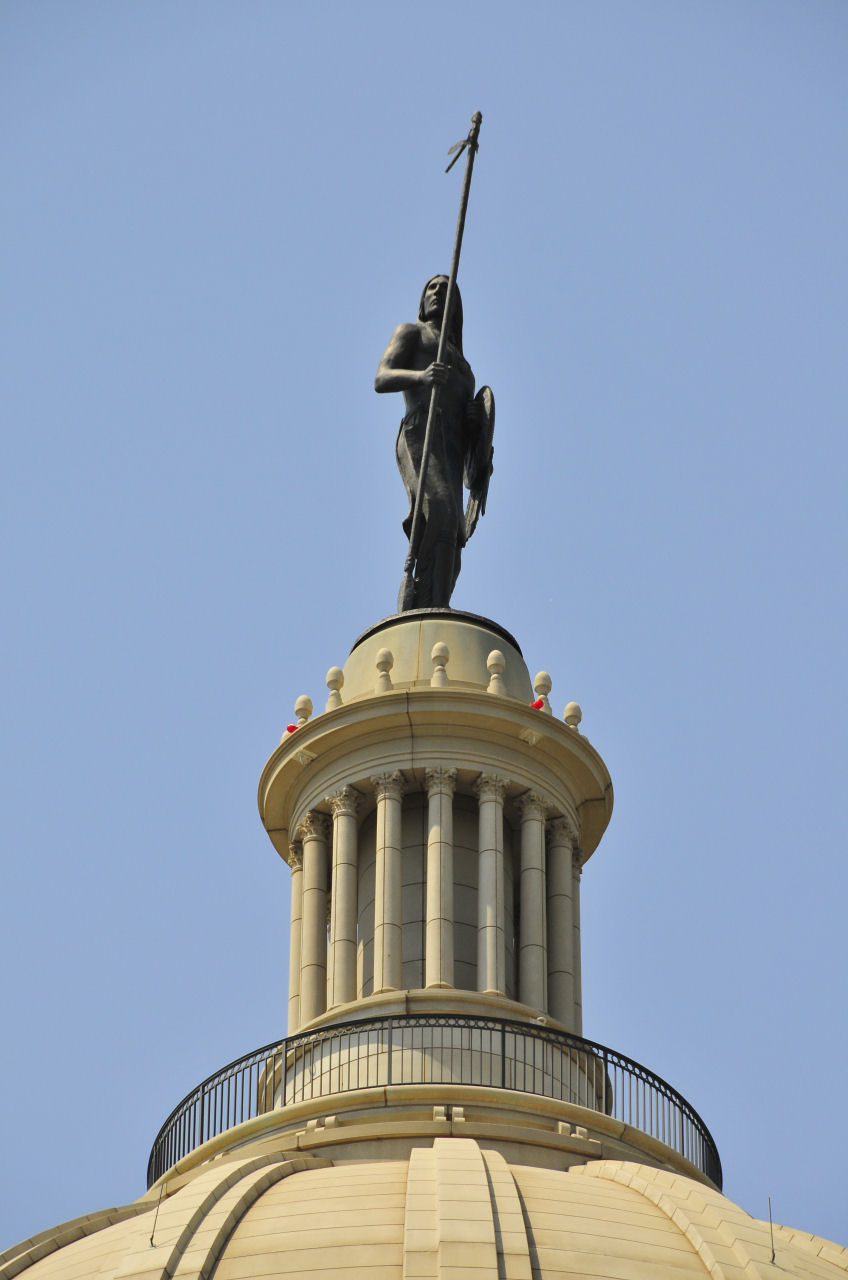Guest Opinion. Conflicts between Cherokee Nation and state officials tend to make the most news, especially during election years. However, the larger reality is that our tribe has a constructive relationship with a large majority of state and local leaders in Oklahoma. We know that a strong Cherokee Nation and a strong Oklahoma go hand in hand.

As the new state legislative session gets underway, our government relations team at Cherokee Nation is monitoring what happens at the Legislature and advocating for bills that move us forward. We are finding win-win solutions for Cherokee people and the whole state.
One area of focus this year is making sure tribal perspectives and expertise are heard by state officials. Many state agencies rely on advisory councils to bring in outside perspectives. Advisory councils are a forum for discussion and learning on how to best fulfill agency missions. At least two bills this session would strengthen the tribal voice on some important councils.
SB 267 by Sen. Ally Seifried, a Cherokee Nation citizen, would expand the State Health Department’s Advancement of Wellness Advisory Council. One of the major priorities of my administration has been public health, through building behavioral health and wellness centers and hiking trails, encouraging best practices to stop the spread of illness, and supporting proactive wellness efforts that are the best defense against public health challenges like obesity and diabetes.
Oklahoma currently ranks 41st for obesity and 42nd for rates of diabetes, with estimated costs in the billions. Historically, Native Americans have experienced some of the worst public health outcomes, but tribes and urban Indian clinics have developed a great deal of expertise taking on this challenge.

SB 267 brings that expertise into the room. The bill adds three members to the Advancement of Wellness Advisory Council: a representative of a tribal health system, a representative of Urban Indian Health Care, and an expert on cardiovascular diseases like obesity and diabetes. It will give the State Health Department access to some of the smartest minds in Oklahoma on these issues.
Another bill we’re supporting this session is SB 299, which renews and reforms the Oklahoma Advisory Council on Indian Education. SB 299 is authored by Sen. Roger Thompson and Sen. Dewayne Pemberton, also a Cherokee Nation citizen.
The OACIE is an important advisory body that makes recommendations to the State Department of Education on how to best support Native American students. The council is intended to be composed of 18 members, including representatives from tribal governments, tribal education departments, statewide education organizations, the State Department of Education, Higher Education and Career Tech. Unfortunately, the OACIE currently has numerous vacancies, which have been left open for more than two years because the Governor has neglected to act on nominations from tribal nations.
Leaving these positions vacant interferes with the council’s ability to fulfill its important mission of supporting Native American students and improving collaboration across education. SB 299 renews the OACIE, which currently sunsets in July of this year, and creates a process for legislative leaders to fill positions that have been left vacant by the Governor.
Cherokee Nation will also support legislation to protect the rights of Native students to wear tribal regalia at high school graduations, as well as a bill to provide Native history and culture support to public school teachers. Throughout all of these discussions, Cherokee Nation will continue to build on good relationships with our friends in the Oklahoma State Legislature. I am confident we can find ways to advance our shared goals.
In the longer term, I hope that every state leader in Oklahoma will come to understand that tribes are sovereign, here to stay, and invaluable allies when we are treated with respect. Cherokee Nation and other tribes are providing health care, building roads, expanding rural broadband, growing the economy, and telling the stories about Oklahoma and Indian Country that show the world what a special place this is. Tribal nations create great benefits for all of Oklahoma, and we can do even more through improved cooperation with the state. Recognized or not, we continue to be the best friend that the state of Oklahoma has ever had.
Chuck Hoskin, Jr. is the principal chief of the Cherokee Nation.
More Stories Like This
The SAVE America Act Threatens Native Voting Rights — We Must Fight BackThe Presidential Election of 1789
Cherokee Nation: Telling the Full Story During Black History Month
Jesse Jackson Changed Politics for the Better
Native News Online at 15: Humble Beginnings, Unwavering Mission
Help us defend tribal sovereignty.
At Native News Online, our mission is rooted in telling the stories that strengthen sovereignty and uplift Indigenous voices — not just at year’s end, but every single day.
Because of your generosity last year, we were able to keep our reporters on the ground in tribal communities, at national gatherings and in the halls of Congress — covering the issues that matter most to Indian Country: sovereignty, culture, education, health and economic opportunity.
That support sustained us through a tough year in 2025. Now, as we look to the year ahead, we need your help right now to ensure warrior journalism remains strong — reporting that defends tribal sovereignty, amplifies Native truth, and holds power accountable.
 The stakes couldn't be higher. Your support keeps Native voices heard, Native stories told and Native sovereignty defended.
The stakes couldn't be higher. Your support keeps Native voices heard, Native stories told and Native sovereignty defended.
Stand with Warrior Journalism today.
Levi Rickert (Potawatomi), Editor & Publisher

